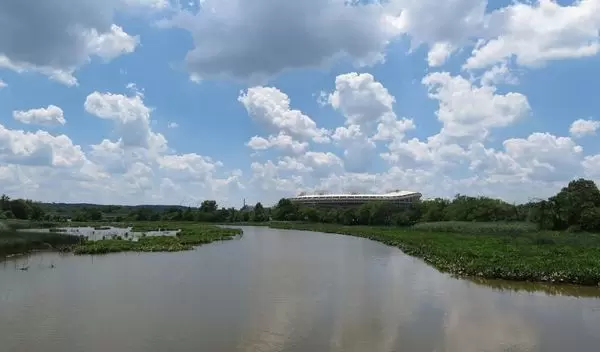
Freshwater streams and rivers are getting saltier and more alkaline
A new study led by U.S. National Science Foundation grantee researchers at the University of Maryland reveals how salinization from road salt combined with other pollutants can affect the ecological balance of freshwater bodies, and can create conditions that harm aquatic life and pollute drinking water.
"This is a problem that's caused by road salt, but also other sources of salt pollution in our environment -- the fertilizers we put on crops, the sewage we put out, the roads that break down," said the study's lead author, Sujay Kaushal. "It's not just sodium chloride that's increasing, it's all these salt ions that are dissolved in water that contribute to salt pollution."
In addition to coining the term "Freshwater Salinization Syndrome," the team created a five-stage scale to assess salt pollution damage and a salinization scorecard to evaluate water quality and salinization risk. The study, published in Limnology and Oceanography Letters, offers an understanding of the effect road salt has on waterway ecology and details risk factors to the environment and infrastructure.
"We've developed a five-stage system to identify and track unhealthy progression of salinization in our rivers in much the same way we would track an illness or disease like cancer," Kaushal said. "We have to look at this unhealthy 'Salinization Syndrome' from a systems-level perspective if we're going to develop guidelines for diagnosing harmful levels and treat the problem."


